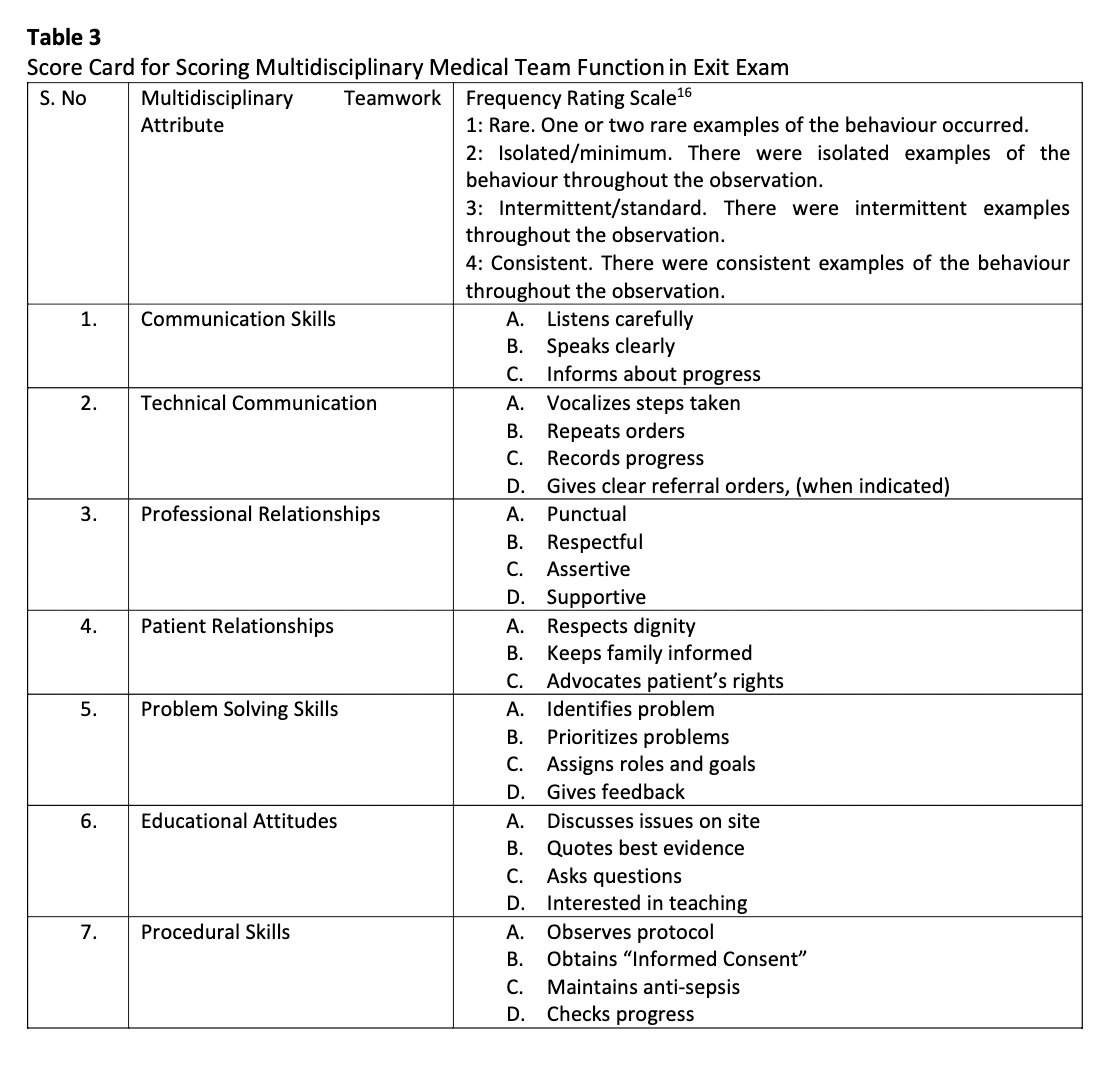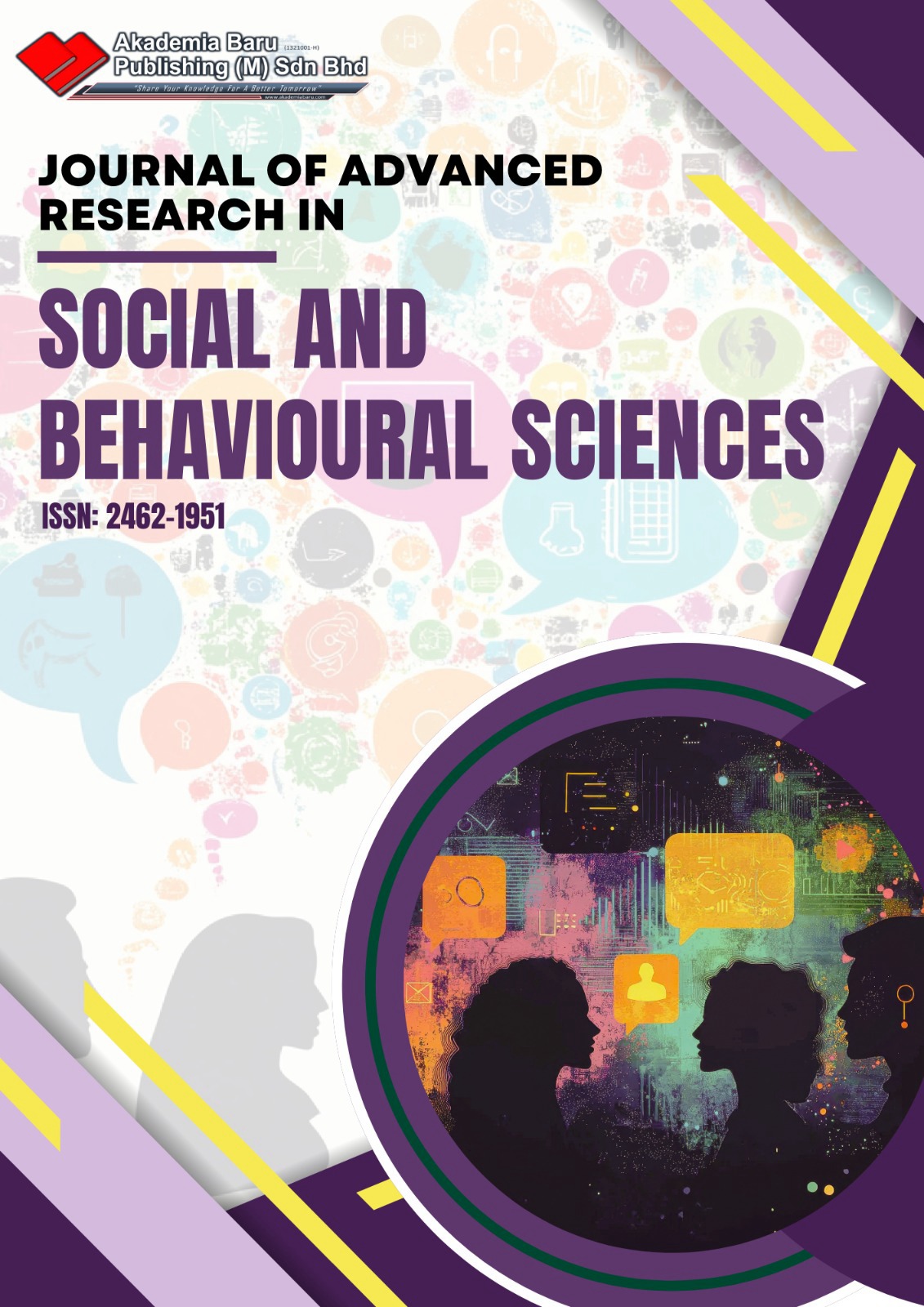Impact of Simulation Based “Death Scenarios” in Teaching Undergraduate Medical Students about Multidisciplinary Team Function in Patient Care
Keywords:
Death , simulation, life-saving skills, medical education, skills labAbstract
Experiencing the death of a patient is one of the most challenging aspects of training for medical students. Exploring what students learn from this difficult experience is useful for a multitude of educational objectives. Role of death and dying in experiential learning of medical students is well documented. Death is a multidimensional subject with significant variation in different cultures and religions. Teaching about death and life-saving skills to undergraduates poses a serious ethical dilemma. Critical patients need to be protected from novice practice. Advent of clinical skills labs with simulated patients has made it easy to teach care of critical patients to medical undergraduates. Our research question was, “How does imminent death of a simulated patient influence learning about and acting as a multidisciplinary medical team among pre- clinical medical students?” Clinical scenarios aided by simulated patients depicting imminent death of the patient were used to study development and performance of a medical team. We could not find similar researches done in Pakistan or other SAARC region countries. This is a double blind, randomized, controlled interventional study. Experimental (n = 40) and control (n=40) groups were trained in life saving skills in a skills lab. Experimental group was taught using scenarios depicting death of patients while control group was taught using scenarios with critical patients, only. Both groups were tested for effective team function in resuscitating a simulated patient. Scores for attributes of effective teamwork were compiled and analyzed in SPSS V-21. No significant difference was seen in Pre and Post-test scores for experimental and control groups. Teamwork attribute scores were significantly higher for experimental group compared with control group, (p value - < 0.001) for all attributes tested. Simulated case scenarios depicting death of the patient are an effective tool to teach medical undergraduates about effective teamwork.











